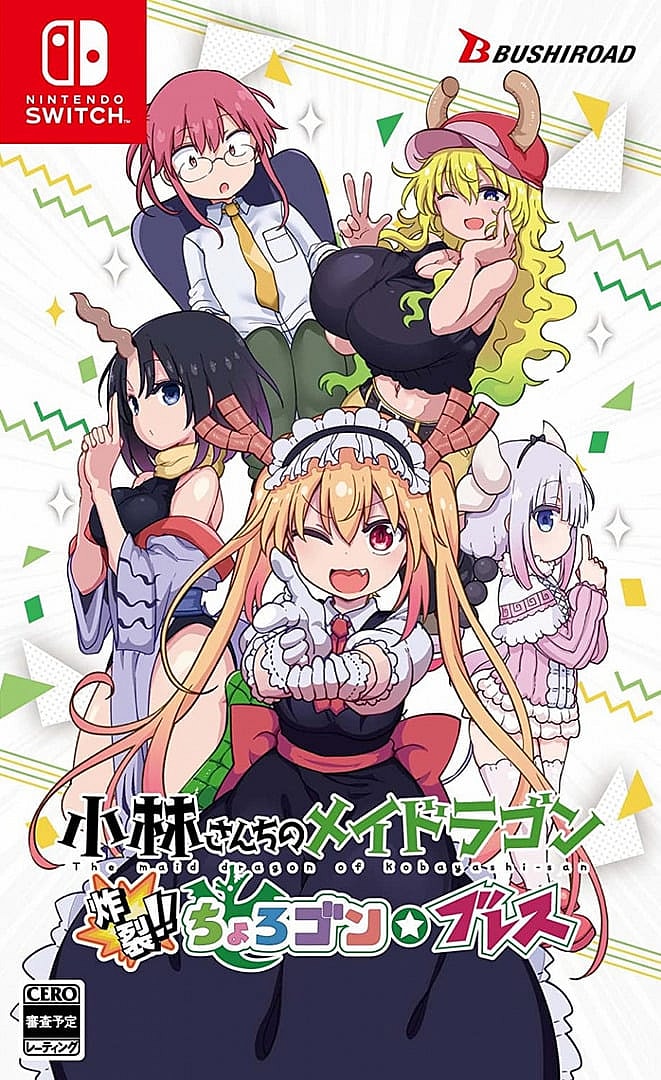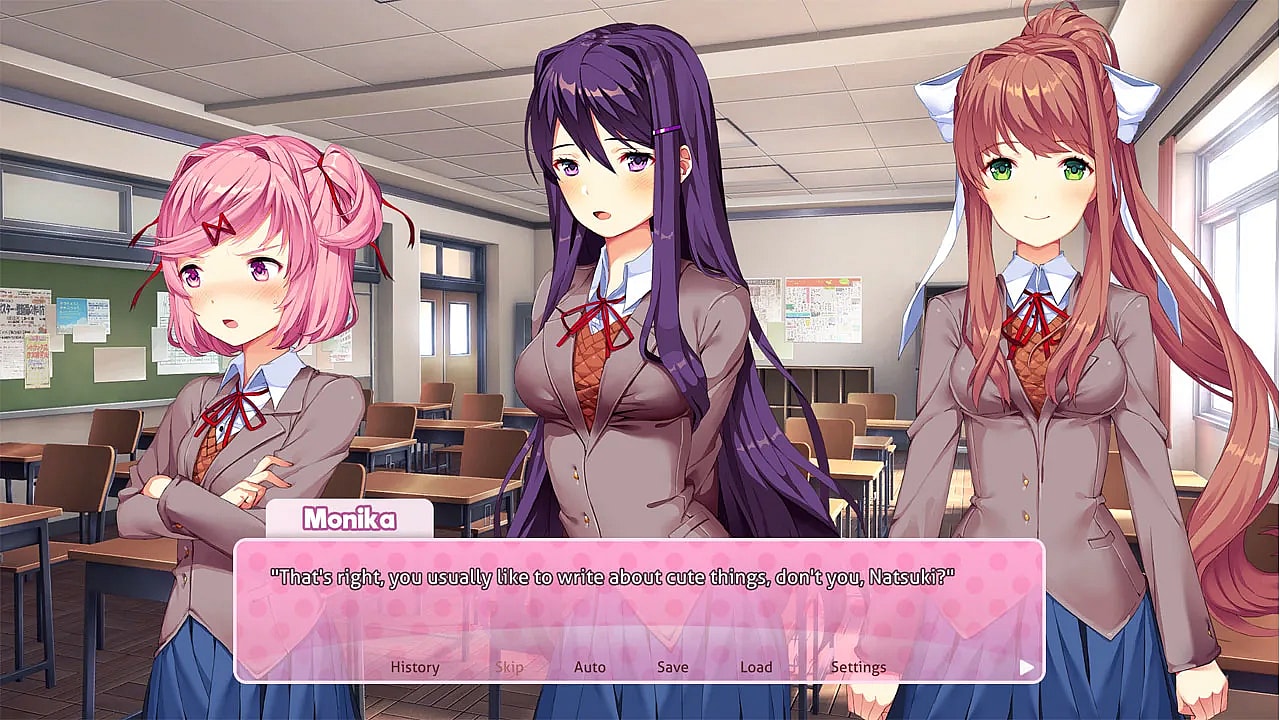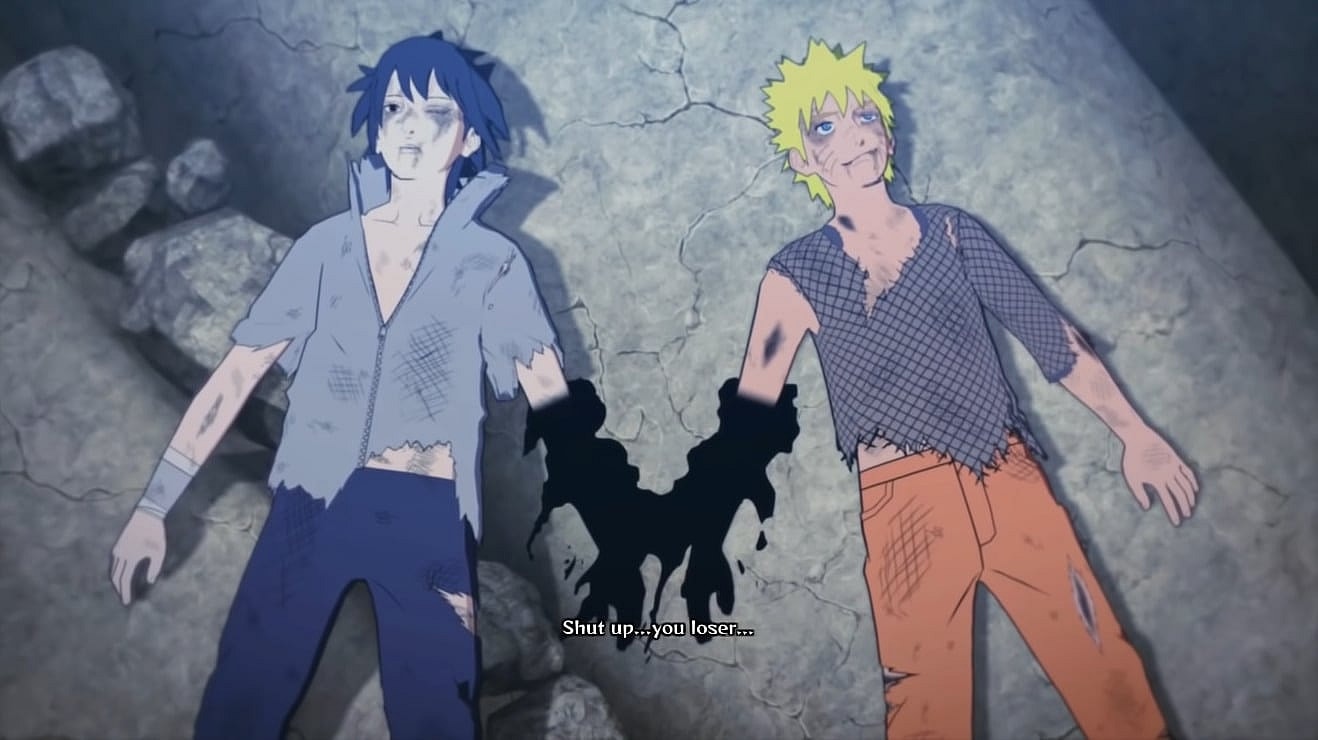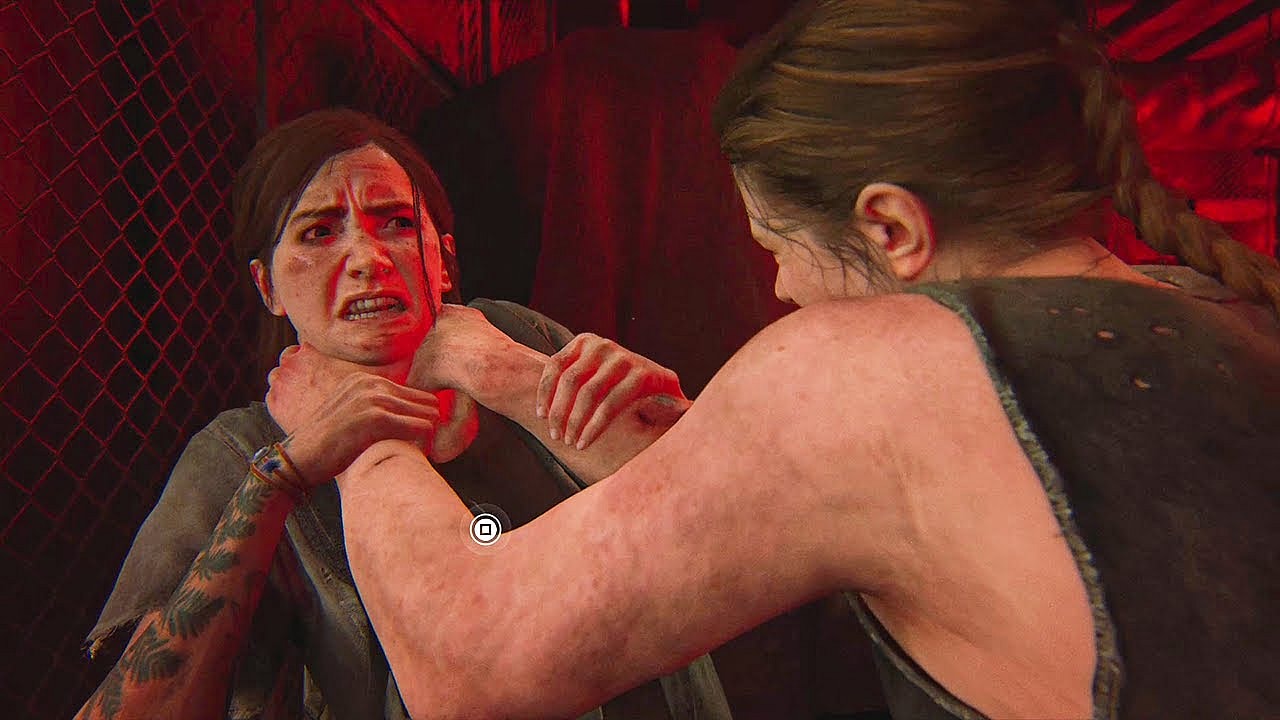Sony Censors Cover Art For PlayStation 4 Release Of ‘Miss Kobayashi’s Dragon Maid: Burst Forth!! Choro-gon☆Breath’

In the latest application of Sony’s sweeping and seemingly anti-anime censorship policy, the PlayStation 4 release of Miss Kobayashi’s Dragon Maid: Burst Forth!! Choro-gon☆Breath has had its cover art censored due to one of its main characters’ busty appearance.

Inspired by the anime adaptation of Coolkyousinnjya’s manga series of the same name, Miss Kobayashi’s Dragon Maid: Burst Forth!! Choro-gon☆Breath is a top-down, bullet-hell style shoot-em-up game ala the Touhou Project or Raiden series which sees titular Kobayashi and her Dragon companions sucked into a PC and forced to fight their way out.
Taking control of a three-person team composed of Tohru, Kanna, and Elma, players are tasked with flying and shooting their way through five different stages, all while the show’s cast of characters provide humorous interactions and commentary along the way.

Though the game was already released to Japanese audiences on March 24th for both the Nintendo Switch and PlayStation 4, developer Aksys officially announced on April 5th that the title would receive a full physical and digital release in the West sometime later this year.
They tweeted, “Miss Kobayashi’s Dragon Maid: Burst Choro-gon☆ Breath is coming Summer 2022! After being abducted by a cursed PC, the dragons & Miss Kobayashi must combine their powers to escape in this new #SHMUP for PS4 and Nintendo Switch!”

RELATED REPORT: Sony and PlayStation Losing Footing In Japan As Nintendo Sweeps Sales Charts
Unfortunately, though not unsurprisingly, amidst celebration that the admittedly niche title would be released outside of Japan, some players observed that a slight bit of censorship applied to the game’s native PlayStation 4 release had been carried over to its English release.
As seen on the game’s Nintendo Switch release, Miss Kobayashi’s Dragon Maid: Burst Forth!! Choro-gon☆Breath’s regular cover art features the game’s core cast of characters – the aforementioned playable trio as well as Lucoa and Kobayashi – being shown from at least the waist up and arranged in a flower pattern paying partial homage to the iconic silhouette poses of Charlie’s Angels.

However, on the PS4, the cover art has been slightly modified, with Kobayashi and Lucoa being pulled in slightly closer to the rest of the cast in an effort to hide the latter’s voluptuous chest.

RELATED REPORT: Sony Now Focusing Exclusively On “Blockbusters”, Smaller Studios Being Made To Work On Naughty Dog Releases
Sadly, such an act of censorship has, in recent years, been par for the course for Sony.
In late 2018, visual novel developer light claimed that Sony had introduced a policy to censor games with sexual themes not only for the West, but for Japanese audiences as well.

Asked about this supposed policy and how it would balance with freedom of expression during a PlayStation event held that December, Sony Interactive Japan Asia President Atsushi Morita explained, “About the censorship, we tried to meet global standards.”
“Regarding the balance of the freedom of expression and safety for children, it’s a tough problem to deal with,” he admitted in follow-up.
This policy was later confirmed to exist in 2019, with a Sony spokeswoman citing the rise of the Me Too movement and increasing popularity of YouTube and Twitch as contributing factors to their censorious efforts.

RELATED: Sony Policy Banning Dismemberment Revealed By CyberConnect2 CEO In Discussion About Demon Slayer
In February 2021, CyberConnect2 President and CEO Hiroshi Matsuyama revealed that Sony even had regulations against scenes of violence, particularly those featuring dismemberment.
“This is because the loss of limbs in characters that look human is prohibited by Sony Interactive Entertainment,” he revealed. “[For example], even if Minato Namikaze [from Naruto] is a corpse resurrected by unholy reincarnation, if it looks human, it’s out.”

Likewise, in July 2021, Team Salvato announced that the PlayStation release of Doki Doki Literature Club Plus! would be censored by editing one of the game’s suicide scenes to have black blood instead of red.
Such censorship also seems to be almost exclusively leveled towards Japanese games, as titles developed by Sony’s US-based studios, including The Last of Us II and God of War, are not only allowed to include realistic depictions of both sex and violence without impunity, but also lauded by the company as the pinnacle of what the medium can achieve.

What do you make of Sony’s censorship of Miss Kobayashi’s Dragon Maid: Burst Forth!! Choro-gon☆Breath? Let us know your thoughts on social media or in the comments down below!
